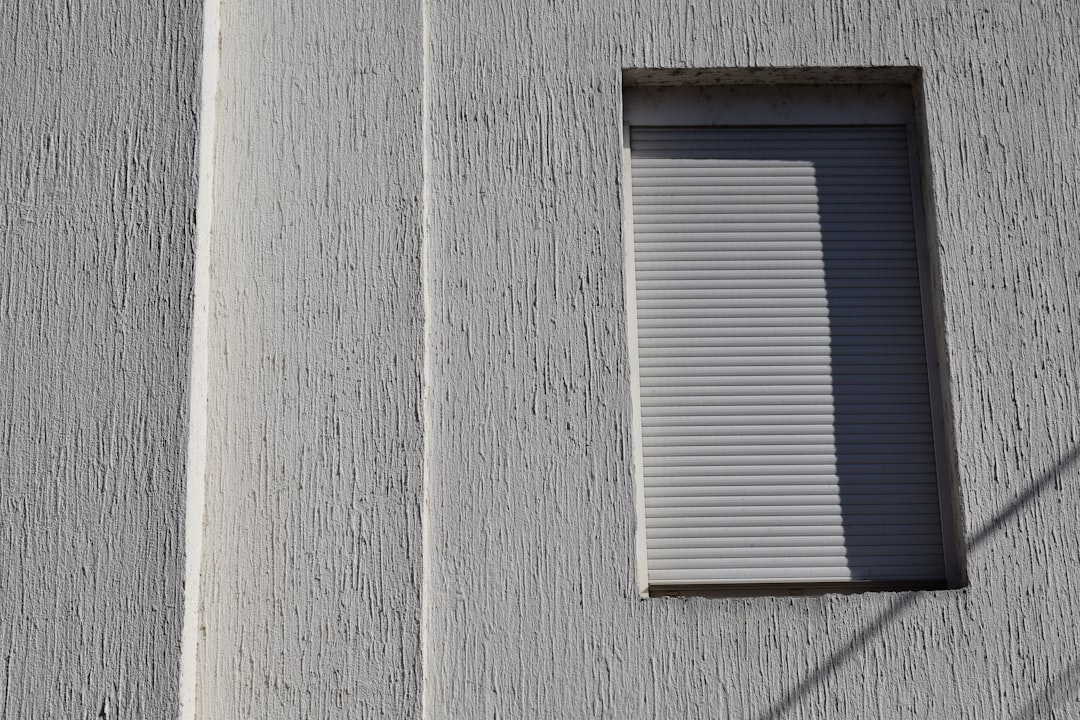Screen Door Installation Cost Guide for Construction Professionals
Price source: Costs shown are derived from our proprietary U.S. construction cost database (updated continuously from contractor/bid/pricing inputs and normalization rules).
Eva Steinmetzer-Shaw
Head of Marketing
Understanding Screen Door Installation Costs for Construction Professionals
For construction professionals, understanding the precise costs of screen door installation is crucial. In 2026, the cost for a standard hinged screen door installation ranges from $175–$500, with an average of $300 for a mid-grade aluminum unit. Sliding patio screen doors start at approximately $130–$550, while custom wood doors with pet openings can exceed $900 (high-end). These figures serve as a baseline, with regional and project-specific factors influencing final costs.
Average Screen Door Installation Cost in 2026
Across the U.S., installation costs vary based on door type and material. For example, a basic aluminum screen door costs between $75–$350 and $75–$350, while a premium cedar wood screen door ranges from $300–$500. Labor costs, typically 40-60% of the total, average $40–$90 per hour nationally, but can reach $40–$90 per hour in metropolitan areas.
Key Cost Factors
- Door type: hinged, sliding, retractable, or French-style double screen doors
- Material: aluminum, vinyl, hardwood, or composite framing
- Door size and thickness
- Hardware upgrades: closers, deadbolts, pet doors, decorative grilles
- Frame condition: new construction opening versus retrofit
- Labor market: regional installer rates and seasonality
- Permit or HOA requirements
Breaking Down Labor Costs
Labor costs are a significant component, with licensed finish carpenters charging around $40–$90 per hour. CountBricks provides real-time labor data, ensuring estimates reflect current rates without manual updates.
Material Pricing by Door Style
- Economy aluminum screen door: $75–$350
- Mid-grade vinyl sliding screen: $150–$275
- Fiberglass mesh upgrade: add $0.20–$3.00 per sq ft per door
- Premium cedar wood screen door: $300–$500
- Heavy-duty stainless steel security screen: $500–$600
CountBricks synchronizes with supplier catalogs daily, ensuring quotes reflect current prices.
Regional Price Variations
Costs can vary due to climate, demand, and local codes. Coastal areas may require corrosion-resistant hardware, adding 8-12% to costs. High-altitude regions might need wider thresholds, increasing material costs by $20 (high-altitude adjustment) or more.
DIY vs. Professional Installation
- DIY materials for a basic aluminum screen door average $110 (DIY materials).
- Specialty tools (miter saw, spline roller, shims) add $65 (tools) if not owned.
- Typical DIY install time is 4-6 hours.
- Professional crews complete the task in 1.5-2 hours with warranty coverage.
- DIY savings are often minimal, with potential rework costs.
How CountBricks Lowers Total Project Cost
- Voice-to-estimate workflow reduces site visits and manual data entry.
- AI detects scope creep, preventing costly change orders.
- Instant material substitutions offer side-by-side savings.
- Integrated scheduling minimizes idle labor gaps.
- Digital signatures and automated invoicing enhance cash flow.
Five Pro Tips for Cutting Screen Door Costs Without Cutting Quality
- Opt for powder-coated aluminum in humid zones to avoid replacements.
- Reuse existing hinges if compatible with new hardware.
- Schedule installations during off-peak seasons for lower labor rates.
- Bundle multiple doors or screens for volume pricing.
- Use CountBricks blueprint takeoffs to prevent reorder mistakes.
Case Snapshot: CountBricks Phoenix Retrofit
A Phoenix homeowner needed two sliding patio screens replaced. Using CountBricks, the contractor selected mid-grade vinyl frames with a pet door option. The AI engine generated:
- Material: $482 (material example)
- Labor (2.3 hours @ $58 (labor rate example)): $133 (labor cost example)
- Sales tax & consumables: $42 (tax & consumables)
- Total installed cost: $657 (total installed example)
The homeowner approved the quote quickly, with installation completed the next day.
Next Steps
For construction professionals planning a screen door upgrade, start with a free voice estimate at CountBricks.com. Receive a detailed proposal that remains locked throughout the project, ensuring accurate budgeting.
Beyond the Door: Leveraging CountBricks for Whole-House Exterior Upgrades
Installing a new screen door can lead to further exterior improvements. CountBricks' task-based cost engine allows for seamless integration of additional projects, coordinating labor, materials, and timelines efficiently.
Integrated Exterior Scope Example
- Screen door replacement
- Replace 40 ft of exterior casing
- Install two LED porch fixtures
- Patch and paint 120 sq ft of stucco
In a recent Scottsdale project, CountBricks:
- Assigned correct trade codes (finish carpenter, electrician, painter).
- Sequenced tasks to avoid conflicts.
- Pulled updated pricing on materials.
- Calculated a 12% labor efficiency credit, saving $214 (labor efficiency savings).
Why Contractors Choose CountBricks for Bundled Projects
- One session generates a master estimate, work order, and invoices.
- Automatic change-order detection protects margins.
- Field crews access live drawings, reducing questions.
- Homeowners approve upgrades through a secure link.
Ready to Expand Your Scope?
Whether adding a screen door or undertaking a full exterior refresh, CountBricks ensures transparent costs and tight schedules. Visit CountBricks.com to see more transformations or book a demo.

